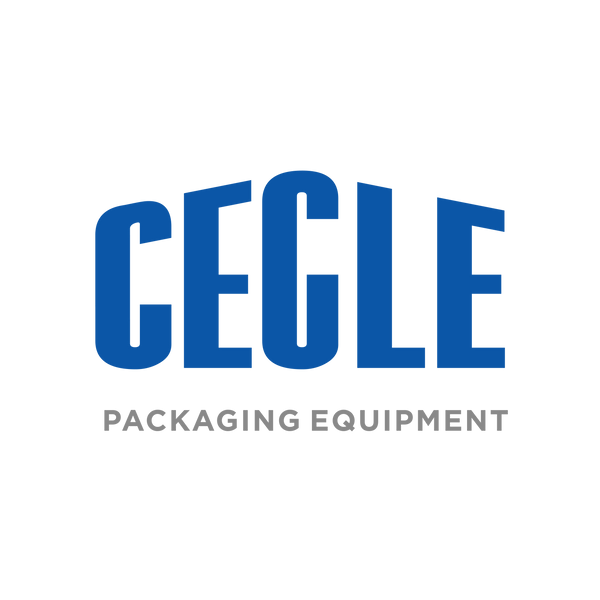
Unlocking Efficiency: The Advantages of High-Speed Tablet Presses
Share
1. Unmatched Production Speed
High-speed tablet presses can produce tens of thousands of tablets per minute, far outpacing traditional machines. This is crucial for industries with high-demand cycles, such as blockbuster medications or seasonal health products.
2. Consistency and Precision Control
Advanced systems allow real-time adjustments to pressure, thickness, and weight, minimizing deviations. High-speed models often integrate AI or machine learning to maintain quality across massive batches.
3. Cost Efficiency Through Automation
Automated feeding, cleaning, and rejection systems reduce labor costs and downtime. High-speed presses also minimize material waste by optimizing compression ratios.
4. Scalability for Growing Needs
Modular designs and customizable tooling make high-speed presses adaptable to new product lines. Whether scaling up or diversifying, these machines offer flexibility without compromising speed.
5. Compliance and Data Traceability
Modern high-speed presses come with built-in analytics and documentation features, ensuring compliance with global regulations (e.g., FDA, EU GMP). Data logging also aids in troubleshooting and continuous improvement.
Conclusion: The Future of Tablet Manufacturing
By combining speed, precision, and automation, high-speed tablet presses are redefining productivity standards across industries. For businesses seeking growth, investing in this technology is a strategic move.
